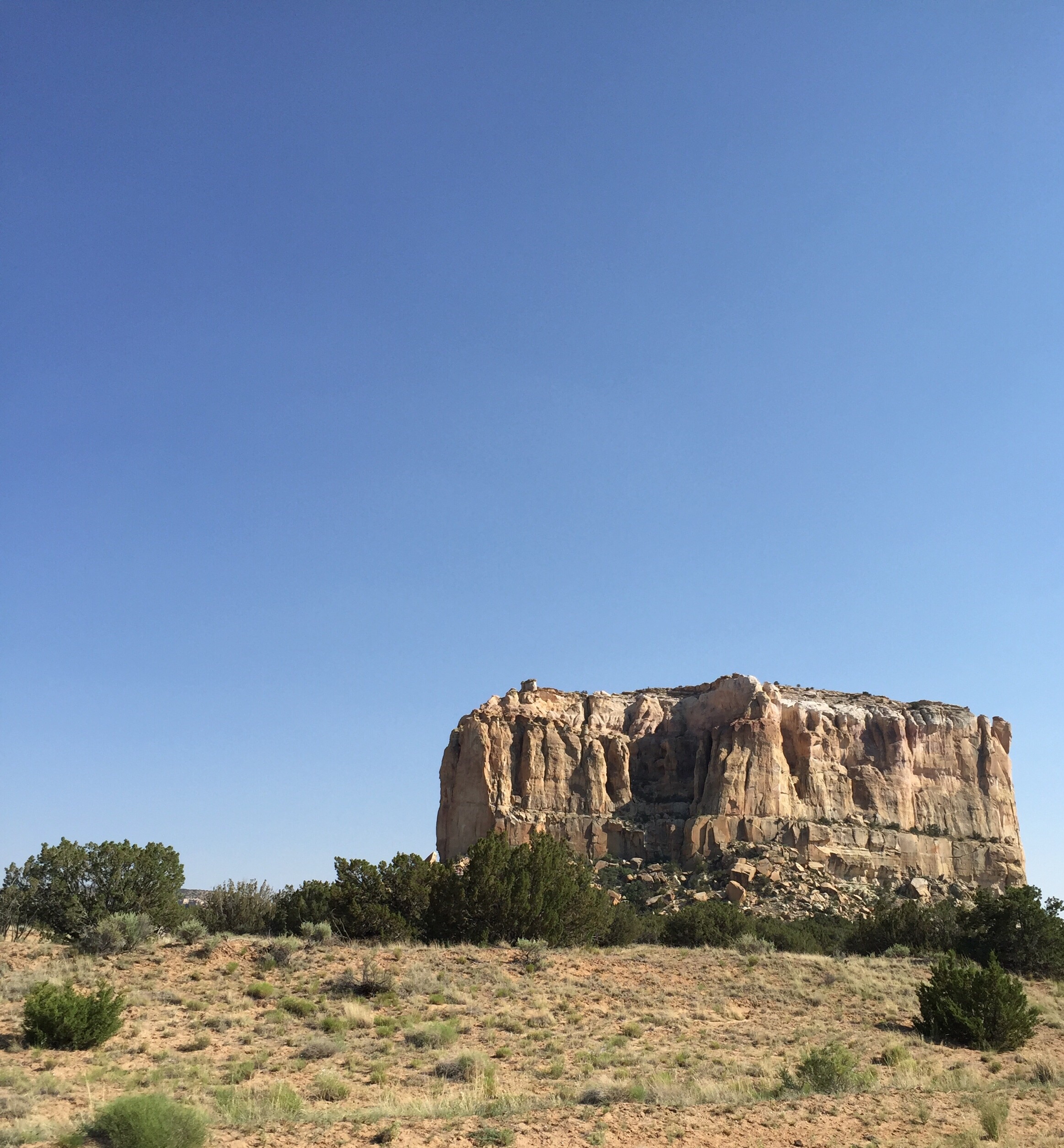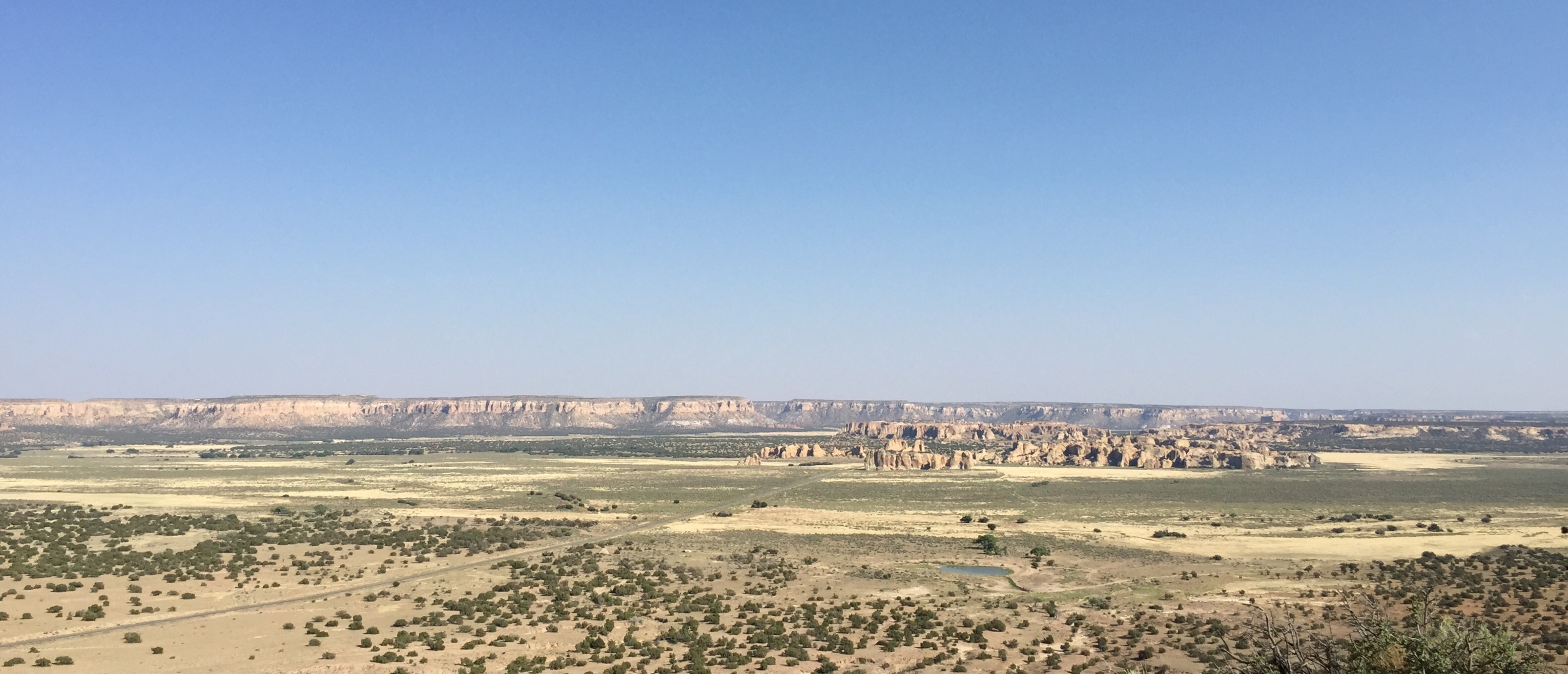world of abstraction, false security, parents and material excess
There is a pleasure in the pathless woods,
There is a rapture on the lonely shore,
There is society where none intrudes,
By the deep Sea, and music in its roar:
I love not Man the less, but Nature more...
That's Lord Byron, from "Childe Harold's Pilgrimage." Those lines start the film Into the Wild. With those lines, that last one, especially, we get a clear picture of how Jon Krakauer, who wrote the book, (or Sean Penn, who directed the film), if not Chris McCandless himself, saw things with this story--McCandless wasn't necessarily turning away from people--from society maybe, but that's a separate thing. He was turning toward nature. And, I get that. I live in the city, have lived around Los Angeles virtually my entire life. But, I like getting out of here when I can. The recent roadtrip involved far too much time in the car, not enough time outside, but there were still some nice moments, at Willow Canyon, at Meteor Crater, at Acoma...


(I shared more photos when I watched Pat Garrett & Billy the Kid.)
Just about every year, some of my family will go camping near the beach. It's not as much nature as camping in the woods--we've been camping at the Grand Canyon a few times and that's awesome--but it's nice. And, the best thing about where I lived when I lived in Arkansas for three months was that when you opened our front door, you saw nothing but trees in all directions.
There's a peace in the woods, in the desert, at the beach (when it's not too crowded with people) that is hard to find in the city.
Chris (Emile Hirsch) has a rant when he's with Wayne (Vince Vaughn) that I can understand (even if it does start out a little, well, drunk):
Society, man! You know, society! 'Cause, you know what I don't understand? I don't understand why people, why every fucking person is so bad to each other so fucking often. It doesn't make sense to me. Judgment. Control. All that, the whole spectrum...
I'm not so confused by people but I certainly have a problem with some of them. I mean, I have a political blog (that I barely update anymore, unfortunately) called Against the World for Phil's sake. I can rant against society plenty. Thing is, I figure we're bad to each other because, well, we're afraid. Being powerless ain't fun. And, all too often, the presentation of a given situation is that the only way to not be powerless is to hold on tight to power and that means taking it from someone else. In Bible class, circa 8th grade, we played this game--I forget the specifics but we were in groups of 4 or 5 students. Within each group, we picked numbers and based on our choices in relation to those in our group, we got anywhere from 0 to 3 points. We all tried to get 3 points, tried to convince our group members we would say one thing--see, if we all picked the same thing, we all got the same number of points, 1 point I think--then change it and then repeat the same manipulation and lies in the next round. The lesson was that we were supposed to actually go with that pick-the-same-number tactic and all come out on top. The top wouldn't be so high, but we'd all be there, together. But, that wasn't what we were told was the goal. The goal was to get as many points as we could. We did that, but we did that as individuals. We didn't know any better. And, in a game, I am just fine with that, competing to beat everyone else.
(Just now, as Chris was talking his way back into the United States after his kayak trip took him to Mexico, he's waiting in the border station and on the television President Bush is talking about going into Iraq. The first President Bush, the first Iraq War. Gotta be specific. That's just one more thing he's trying to get away from.)
Take these Eddie Vedder lyrics from the film (the song "Society"):
It's a mystery to me
We have a greed with which we have agreed
And you think you have to want more than you need
Until you have it all, you won't be free
But, in this country, so many of us have a sort of default level of life, our economic life, in which we already have more than we need. But, we're still told we need more, that we need to work to have money to get even more.
When you want more than you have, you think you need
And when you think more than you want, your thoughts begin to bleed
I think I need to find a bigger place
Cause when you have more than you think, you need more space
As I said above, in a game, I'm all for trying to win. But, so many people try to win in life, too. One thing becomes another and everything is competitive. In 1916, in "The War and the Workers," Rosa Luxemburg wrote:
The expansionist imperialism of capitalism, the expression of its highest stage of development and its last phase of existence, produces the [following] economic tendencies: it transforms the entire world into the capitalist mode of production; all outmoded, pre-capitalist forms of production and society are swept away; it converts all the world's riches and means of production into capital, the working masses of all zones into wage slaves. In Africa and Asia, from the northernmost shores to the tip of South America and the South Seas, the remnant of ancient primitive communist associations, feudal systems of domination, patriarchal peasant economies, traditional forms of craftsmanship are annihilated, crushed by capital; whole peoples are destroyed and ancient cultures flattened. All are supplanted by profit mongering in its most modern form.
Decker and Konrad (2002) argue that workers feel they have "no other means" so they "resign themselves to [work] and make peace with their alternativeless situation in life" (no page # handy). And, this is in danger of getting more political than I usually try to get in this blog. (I've cited this stuff before in my other blog.) But, then I think about Daughton's (1996) notion that Phil Connors in Groundhog Day being trapped in Punxsutawney "parallels [the situation] of the economically disenfranchised, the Other" (p. 146). Chris McCandless chose to isolate himself, to venture the world without its people, to settle down in the Alaskan wilderness. I don't know what he planned to do if he had been able to cross the Teklanika River again; was he going to return to society with a new mindset? Was he going to keep on tramping? In the film, he just told Ron(Hal Holbrook), "You got to get back out in the world. Get out of that lonely house, that little workshop of yours." That world includes people, even if moments later, Chris tells the old man, "you're wrong if you think that the joy of life comes principally from human relationships. God's placed it all around us. It is in everything and in anything we can experience."
In the book Into the Wild, Krakauer writes (and Chris tells Ron) :
The joy of life comes from our encounters with new experiences, and hence there is no greater joy than to have an endlessly changing horizon, for each day to have a new and different sun... Don't settle down and sit in one place. Move around, be nomadic, make each day a new horizon... [and then something very close to the line in the film]
I don't figure that it needs to be literal. You don't need to move around, from place to place, out in the world. But, you need to refrain from settling into too much comfort where you are. Don't be complacent. Try new things, make new friends, something.
Ultimately (in the film, but maybe weeks earlier in reality), Chris writes: "Happiness only real when shared." He longs for human connection in the end.
Barring mental defect, we all do.
Comments
Post a Comment